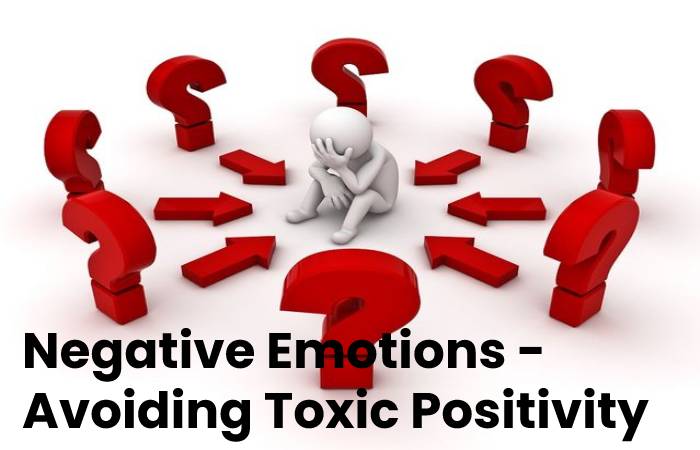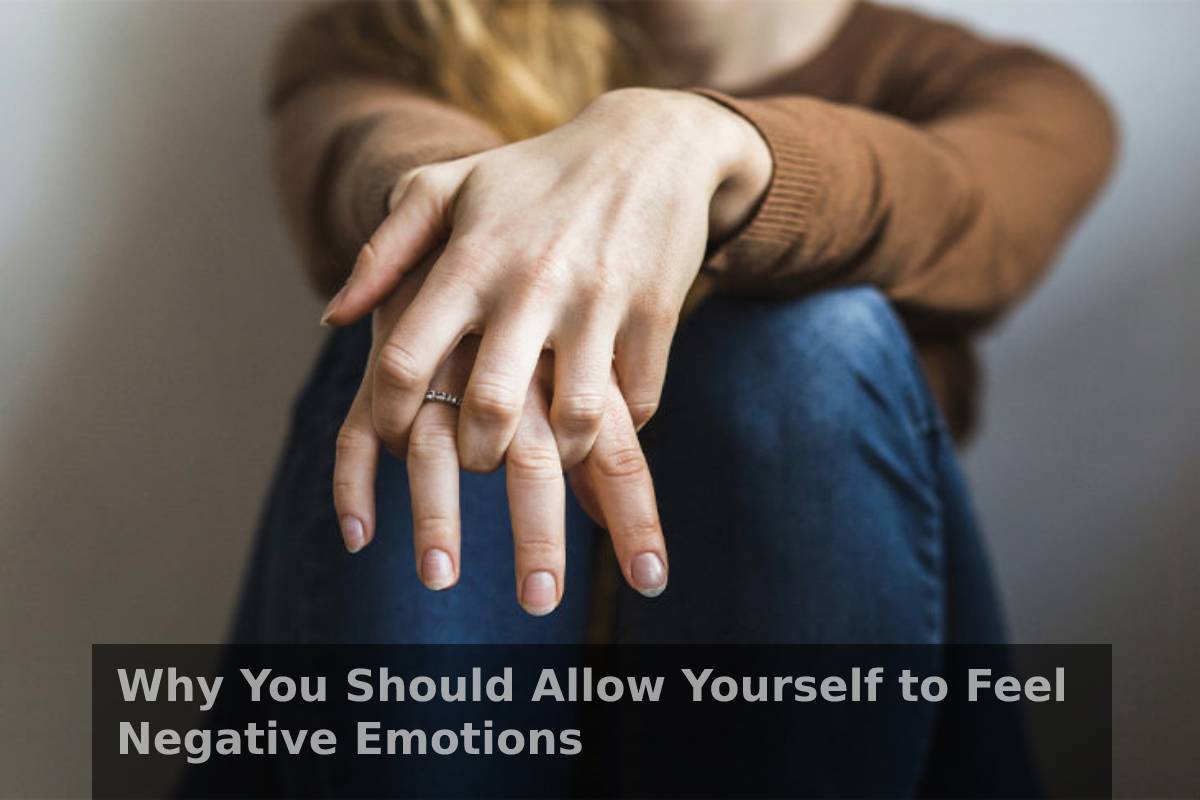Negative Emotions – When going through a difficult time, it may feel like you need to withhold your negative feelings. It’s even a common practice to hold in your stress until you can find a particular person to vent outwardly to. However, these habits may be the cause of increased anxiety, depression, and other mental health conditions. When keeping in too many negative emotions, it takes a toll on your mental and even physical health.
Table of Contents
Negative Emotions – Avoiding Toxic Positivity

A general definition of toxic positivity is the idea that you need to focus on positivity and ignore negative feelings. What makes this a problematic practice is the encouragement to push away your very valid and often natural reaction to a situation. These can be common toxic positivity phrases:
- “Just keep looking on the bright side…”
- “There are people who have it worse than you…”
- “Don’t be so negative!”
- “Everything happens for a reason”
If someone tells you “this is a good-vibes-only zone”, then you need to remember to step out of that “zone” sometimes. While it’s important to work towards overcoming your difficulties, you have negative reactions for a reason – they’re just as natural to feel and acknowledge. If you consistently deny and minimize these feelings, it could end up making things more problematic. Read more about protecting your mental health here.
Effects of Suppressing Stress
Stress can be an emotional or physical tension that comes from experiencing a challenge or difficult situation. Your body puts itself under stress in order to push through a problem. However, if you become too stressed, it can lead to exhaustion, heart problems, and future complications.
- High blood pressure
- Mental health conditions like depression and anxiety
- Heart complications
- Fatigue or insomnia
- Severe weight loss or gain
When experiencing stressful situations, sometimes seemingly one after the other, suppressing your emotions can increase these risks further.
Understanding A Natural Response
Your body and mind have natural responses to difficult or challenging circumstances. Just like adrenaline is your body’s natural response to put you in a fight or flight mode. For protection, sadness, grief, and stress are similar coping mechanisms. Crying is a common result of negative emotions – it’s an important way to relieve those negative feelings and expel stress hormones.
While it’s important not to swell on negativity, one way to handle the situation is to allow yourself to experience it “authentically”. If something upsets you, instead of denying or minimizing that feeling, let yourself feel upset for a minute. Mental health professionals encourage people to acknowledge what they’re feeling and then assess what caused that reaction and why. This works as an open and closed case situation, providing time for you to naturally respond without increasing your risk of anxiety or more stress.
These habits may at first seem counterproductive; however, the goal of the authentic exercise is to come to an understanding with your mind’s reasoning. This practice not only helps you in the moment but can even lead to a more productive future. When in similar situations, you’ll be able to identify the reason of your negative emotions and come to a resolution that reduces stress faster.
Conclusion
You’ve most likely heard the expression about if you bottle up your feelings, you’re likely to explode one day. It’s lie a soda can when shaken up – if the lid cracks open even a little bit, the contents come rushing out and the flavor is lost. Instead of pushing your feelings down in favor of being in the Good Vibes Only zone. If you have a negative response to something, react to the emotion. One of the greatest ways you can take care of your mental health is by acknowledging your emotions in a situation and taking a deeper look into why you feel this way. A mental health professional can help you develop a strategy if you’re looking to change your reactions, but there will never be a time when you don’t have some kind of negative experience – which is entirely natural.

